Cost segregation is a tax strategy that accelerates depreciation by reclassifying parts of a purchased, constructed, or renovated building into shorter-life assets. The result: larger early-year deductions and improved cash flow—when used thoughtfully within your broader plan.
Plain-English definition
Cost segregation identifies building components—such as specialized electrical, dedicated HVAC, finishes, cabinetry, and site work—that qualify for 5-, 7-, or 15-year lives instead of the standard 27.5 or 39 years. Reclassifying these costs increases current-year depreciation and can pair with bonus rules when applicable.
When it’s worth exploring
- Newly acquired or newly constructed commercial property
- Residential rental property with significant basis
- Major renovations and build-outs
- Owners with current or near-term taxable income (where deductions matter)
How a study works (step-by-step)
- Feasibility review — We gauge potential benefits based on property type, basis, and hold horizon.
- Engineer-led analysis — An engineer and tax professional identify and quantify shorter-life components.
- Report & schedules — You receive asset detail, class lives, methods, and defensible documentation.
- Implementation — Your CPA books the reclass entries; if retroactive, a Form 3115 with a §481(a) adjustment may allow a single “catch-up” without amending prior returns.
Benefits
- Larger depreciation in earlier years (cash-flow relief)
- Better alignment of tax deductions with how the property is used
- Useful pre- or post-renovation to time deductions around cash needs
Cautions
- Possible depreciation recapture on sale; model your hold period
- Coordinate with current bonus rules and interest-limitation considerations
- Ensure the study is defensible (engineer involvement is best practice)
Mini-case example
A $3.5M office purchase is placed in service. A study moves $600K into 5-/7-/15-year classes. First-year depreciation increases dramatically, freeing cash for tenant improvements and reserves—without changing operations.
FAQs
Do I need an engineer?
For credibility and exam support, yes—engineer involvement is strongly recommended.Can I do this on an older building? Often yes, via Form 3115 catch-up.Does bonus depreciation apply? Potentially—depends on asset class and year.
Want to see if your property qualifies?
We’ll run an initial ROI screen and map next steps.
Contact sales
We’d love to see how we can streamline your hiring together.
Request a demo
Contact sales
We’d love to see how we can streamline your hiring together.
Request a demo
Contact sales
We’d love to see how we can streamline your hiring together.



